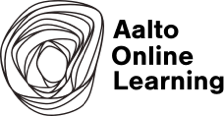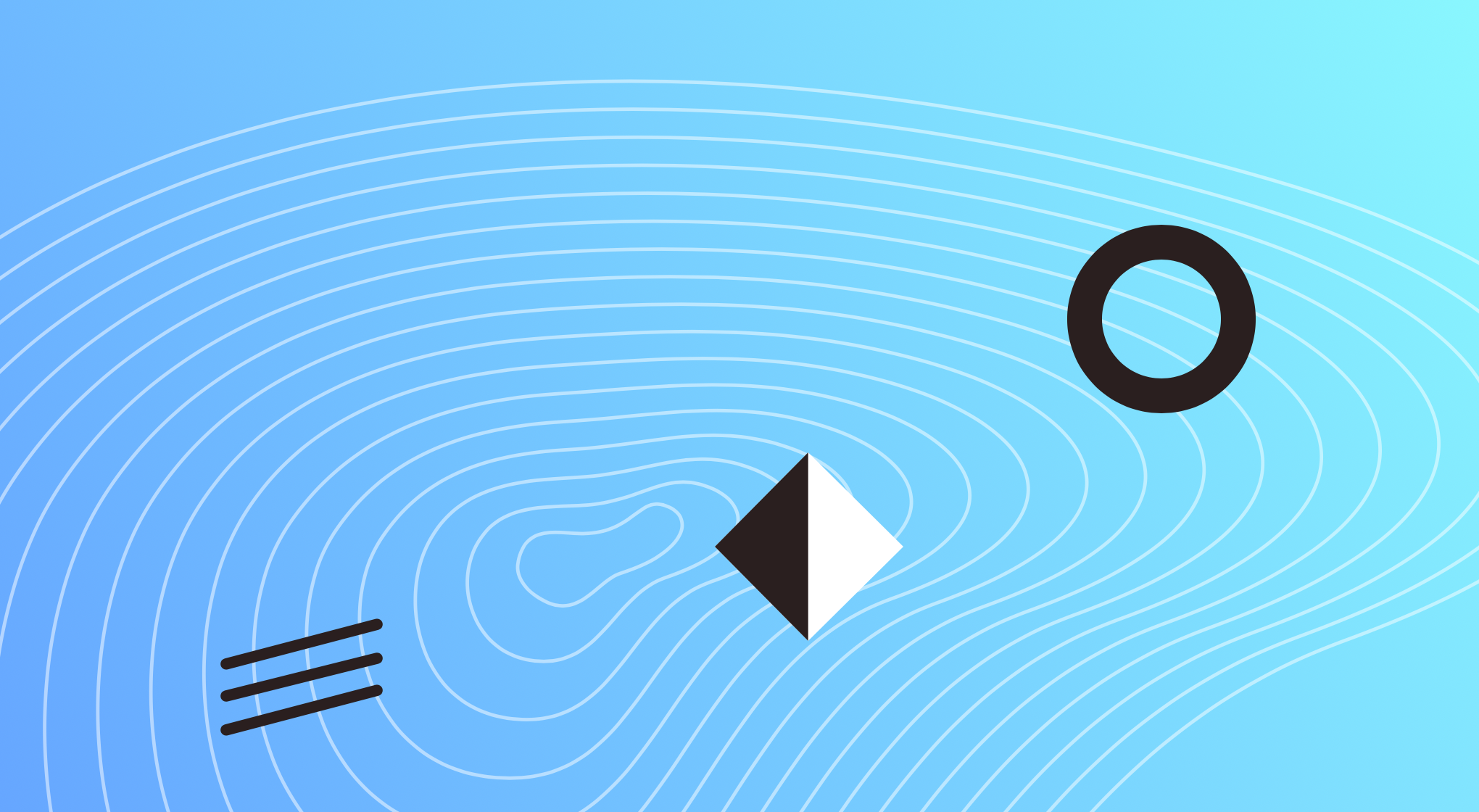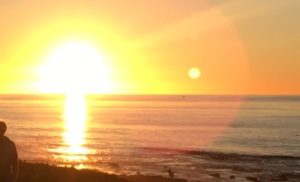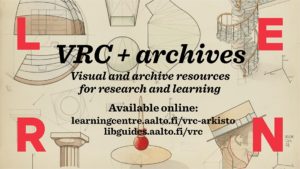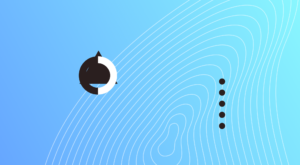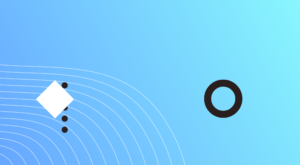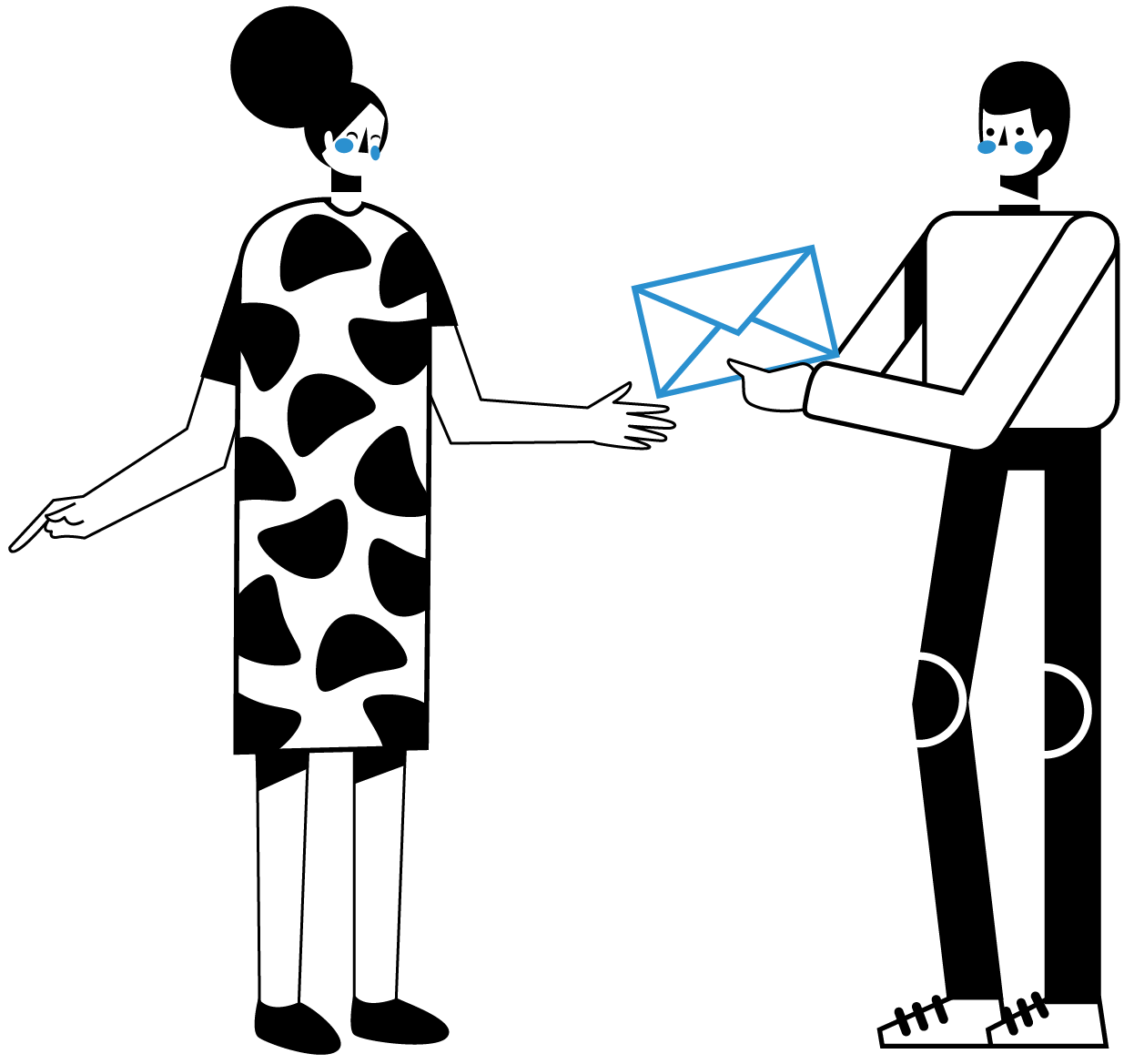Overview
There are many computational skills which are not taught in academic courses, yet are required for being effective independent researchers, or even doing your own work at all. These skills are usually learned independently or through informal mentoring, but not everyone has the same opportunities to learn these earlier in life. Combined with the vastly different backgrounds of modern researchers, we have the potential for exaggerating existing inequalities. There is no shortage of independent study material online, but without logical starting points, organization, or external motivation, many people never begin their own exploration.
Primarily, we aim to provide an overview of already existing material and academic motivation for self-study. We organize material into levels and modules, provide clear motivating introductions and demonstrations (videos) to each module. At the same time, our formal structure provides opportunities to gain recognition for work and academic credits via the online courses “Hands-on Scientific Computing” and “Hands-on High Performance Computing”.
This course is integrated into the HPC support (Science-IT) at Aalto University to provide vertically integrated studies.
Platforms and tools
All our material is developed as open-source on Github. Most of our written material is made with the Sphinx documentation system.
Pedagogical methods
We aim for a flipped classroom type approach: we want to encourage students’ curiosity, so that they can learn independently, and our face-to-face time is spent discussing practical applications. However, there is not necessarily a real classroom involved, this happens in professional settings.
Online videos serve as nice motivating material and introductory demos, before we provide students with links to other good material online. One primary goal is to teach students to be able to find their own material.
An online course/exercise system allows students to test their knowledge and get a certificate or credits, if that serves as a motivator.
Links & Materials
https://handsonscicomp.readthedocs.org/
People
Richard Darst
School of Science, Science-IT
Pilot leader
